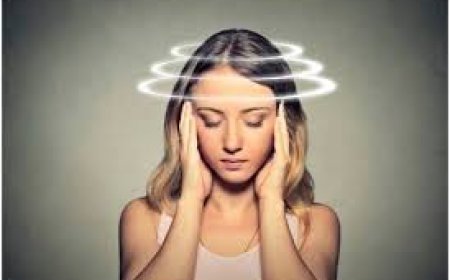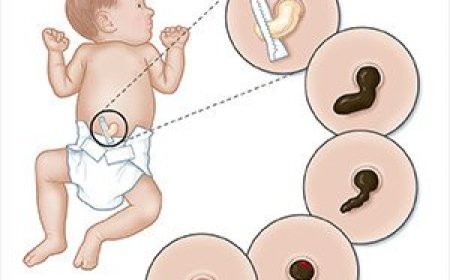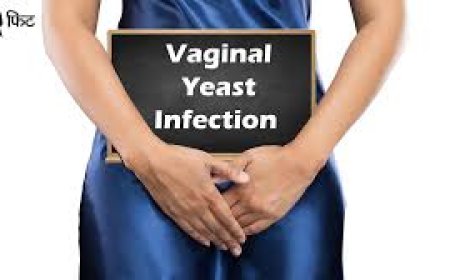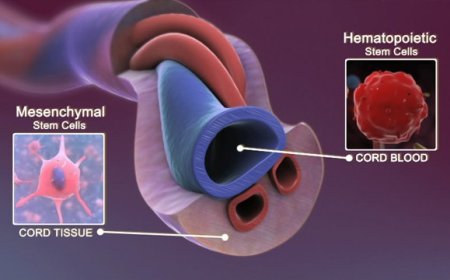Kidney Disease Diet
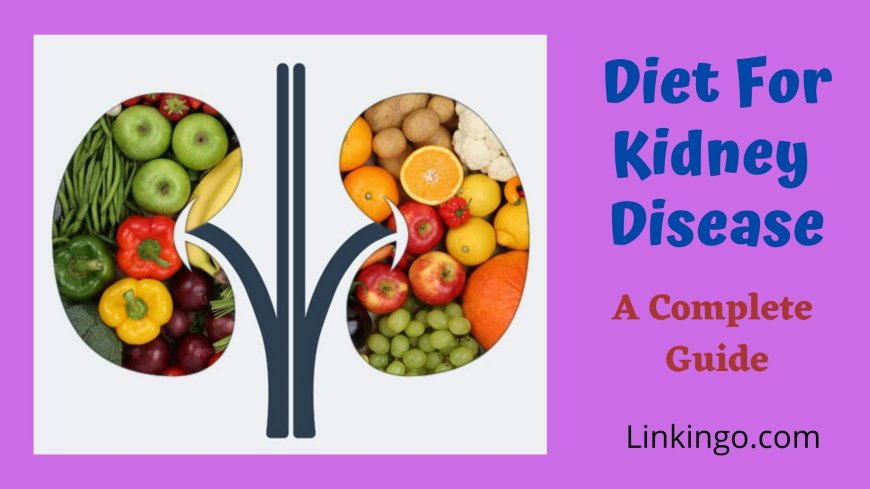
Introduction:
Our kidneys are like superheroes inside our bodies, working hard every day to keep us healthy. But sometimes, they can get sick, and that's when we need to be extra careful about what we eat. In India, just like in other parts of the world, kidney disease is a serious health concern. Let's learn all about the Kidney Disease Diet and how it can help keep our kidneys happy and healthy!
Signs and Symptoms of Kidney Disease:
When our kidneys are not feeling well, they might show some signs to let us know something is wrong. Some common symptoms of kidney disease include:
- Feeling tired all the time
- Swollen feet and ankles
- Having trouble sleeping
- Having to pee a lot or not being able to pee at all
- Feeling itchy all over
- Having trouble thinking clearly
If you or someone you know experiences these symptoms, it's essential to talk to a doctor right away.
What Is Kidney Disease Diet?
A Kidney Disease Diet is a special kind of eating plan that helps our kidneys stay healthy and do their job well. When our kidneys are sick, they can't filter waste and extra fluids from our blood like they should. So, the Kidney Disease Diet is designed to make their job easier and keep our whole body in good shape.
How Is Kidney Disease Diet Classified?
The Kidney Disease Diet is classified into five main stages, depending on how well our kidneys are working. These stages are:
-
Stage 1: In this stage, our kidneys are mildly damaged, and we don't need to make big changes to our diet.
-
Stage 2: Our kidneys are a bit sicker, and we may need to cut back on some foods that can be tough for our kidneys to handle.
-
Stage 3: At this stage, our kidneys are getting sicker, and we have to be even more careful about what we eat. We might need to limit some healthy foods too.
-
Stage 4: Our kidneys are quite sick now, and we need to follow a strict Kidney Disease Diet to stay as healthy as possible.
-
Stage 5: This is the most severe stage of kidney disease, also known as kidney failure. In this stage, our kidneys can't do their job anymore, and we might need special treatments like dialysis or a kidney transplant.
Causes and Triggers of Kidney Disease:
Kidney disease can be caused by many things. Some common causes include:
-
High Blood Pressure: When our blood pressure is too high, it can hurt our kidneys over time.
-
Diabetes: People with diabetes have a higher risk of kidney disease because high blood sugar can damage the kidneys.
-
Unhealthy Eating: Eating too much salty and fatty foods can make our kidneys work extra hard.
-
Dehydration: Not drinking enough water can put stress on our kidneys.
Risk Factors with Examples:
Some things can increase the chances of getting kidney disease. For example:
-
Family History: If someone in our family has kidney disease, we might be more likely to get it too.
-
Obesity: Being very overweight can put pressure on our kidneys.
-
Smoking: Smoking is harmful not just for our lungs but also for our kidneys.
-
Certain Medications: Some medicines, like painkillers, can hurt our kidneys if we take too much of them.
Types of Kidney Disease Diet:
There are two main types of Kidney Disease Diet:
-
Low Sodium Diet: Sodium is another name for salt. Too much salt can make our body hold onto extra water, which is tough for our kidneys. So, we should try to avoid adding too much salt to our food.
-
Low Protein Diet: Protein is essential for our body, but when our kidneys are sick, they can have trouble handling too much protein. So, we might need to eat less of it.
Diagnostic Tests and Treatments:
When we visit the doctor because our kidneys are not feeling well, they might use some tests to find out what's wrong. Here are a few common tests:
-
Blood Tests: Doctors take a small sample of our blood to check how well our kidneys are working.
-
Urine Tests: We might need to pee into a cup, and the doctor will check our urine for any signs of kidney problems.
-
Ultrasound: This is a painless test where the doctor uses soundwaves to take pictures of our kidneys.
-
Biopsy: In some cases, the doctor might need to take a tiny piece of our kidney to examine it closely.
The treatment for kidney disease depends on how sick our kidneys are. In the early stages, we can often control it with a healthy Kidney Disease Diet and medications. But in more severe cases, we might need dialysis, where a machine helps clean our blood, or even a kidney transplant.
Complications and Prevention:
If we take good care of our kidneys and follow the Kidney Disease Diet, we can prevent many complications. Some complications of kidney disease include heart problems, high blood pressure, and even kidney failure.
To prevent kidney disease:
-
Eat Healthy: Choose foods that are good for our kidneys, like fresh fruits and vegetables.
-
Drink Water: Staying hydrated is essential for our kidneys.
-
Stay Active: Regular exercise can help keep our kidneys healthy.
-
Don't Smoke: Smoking can damage our kidneys and make kidney disease worse.
-
Take Medicines Wisely: Follow the doctor's advice and don't take too many medicines without their approval.
our kidneys are precious, and they need our care and attention. By following a healthy Kidney Disease Diet and taking care of our overall health, we can keep our kidneys happy and strong for a long time!
What's Your Reaction?
 Like
0
Like
0
 Dislike
0
Dislike
0
 Love
0
Love
0
 Funny
0
Funny
0
 Angry
0
Angry
0
 Sad
0
Sad
0
 Wow
0
Wow
0


























































